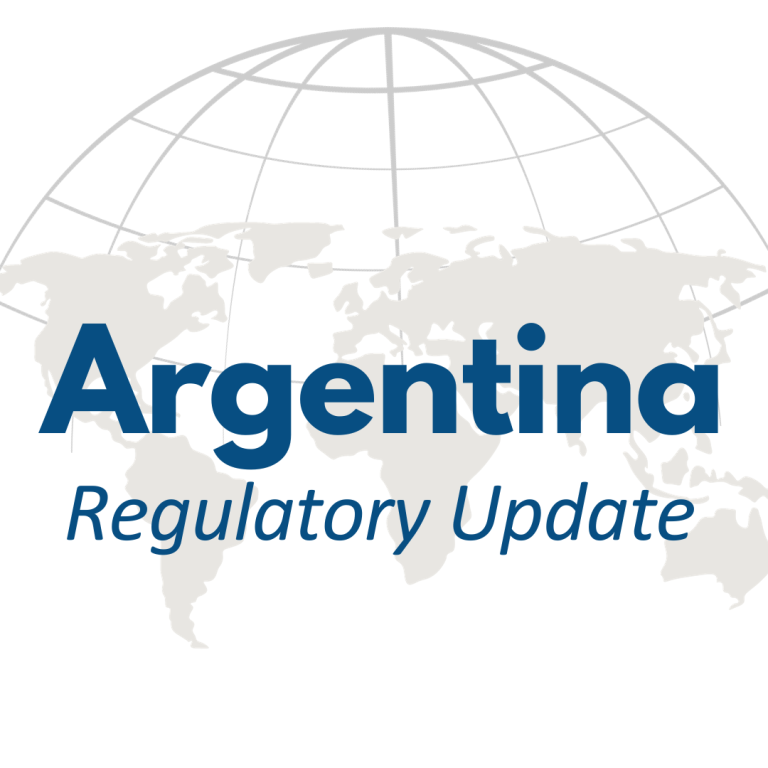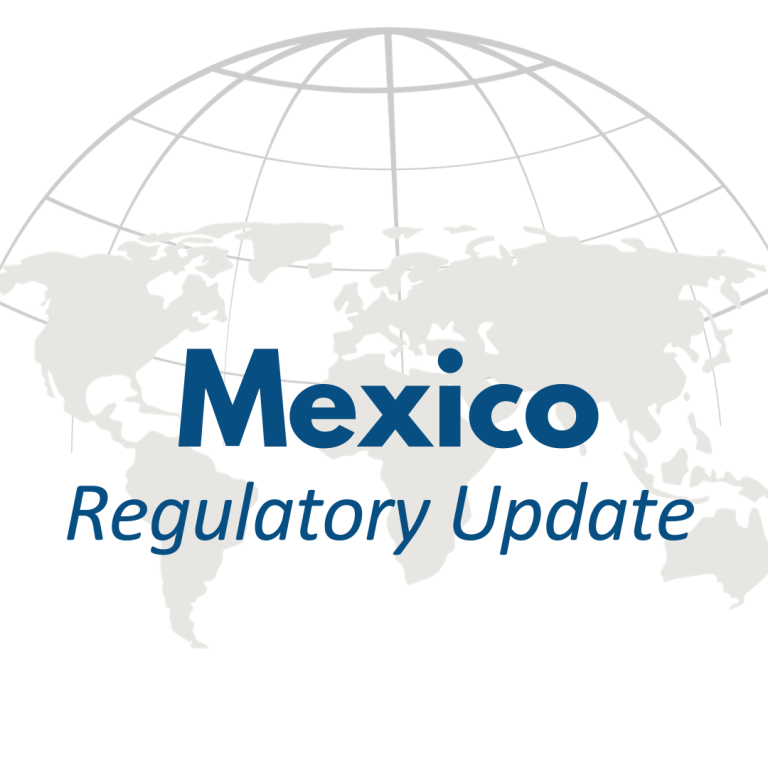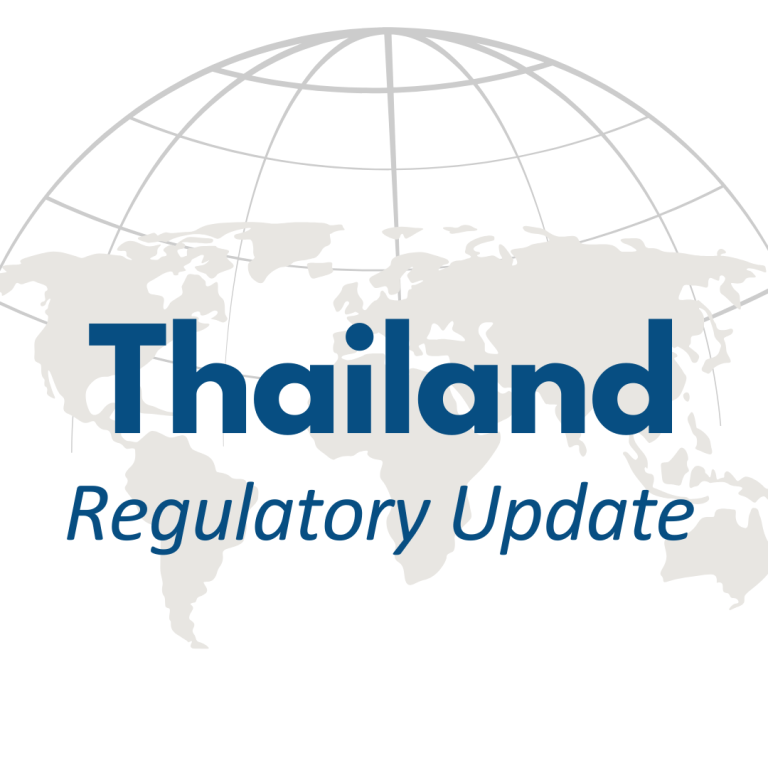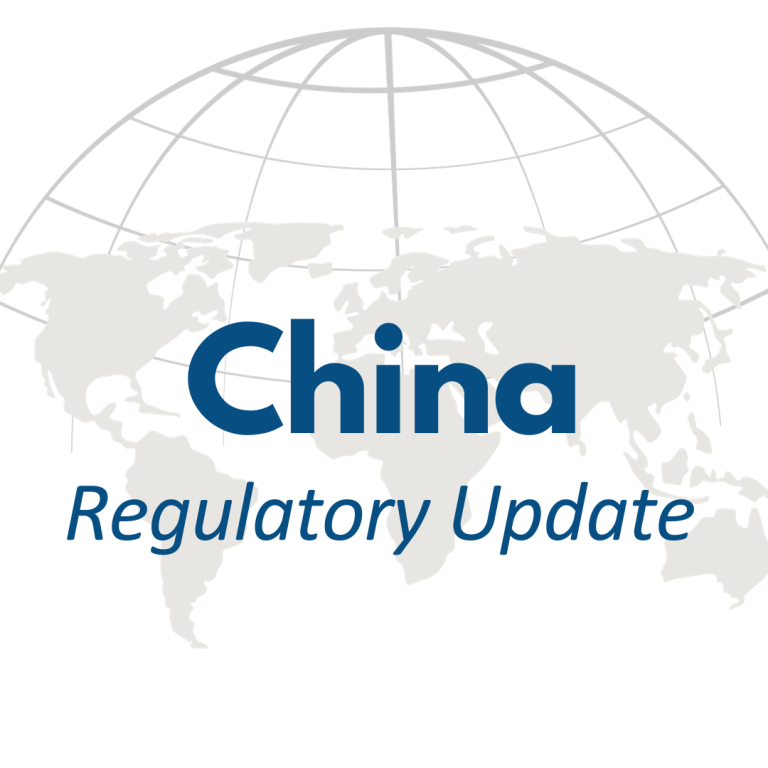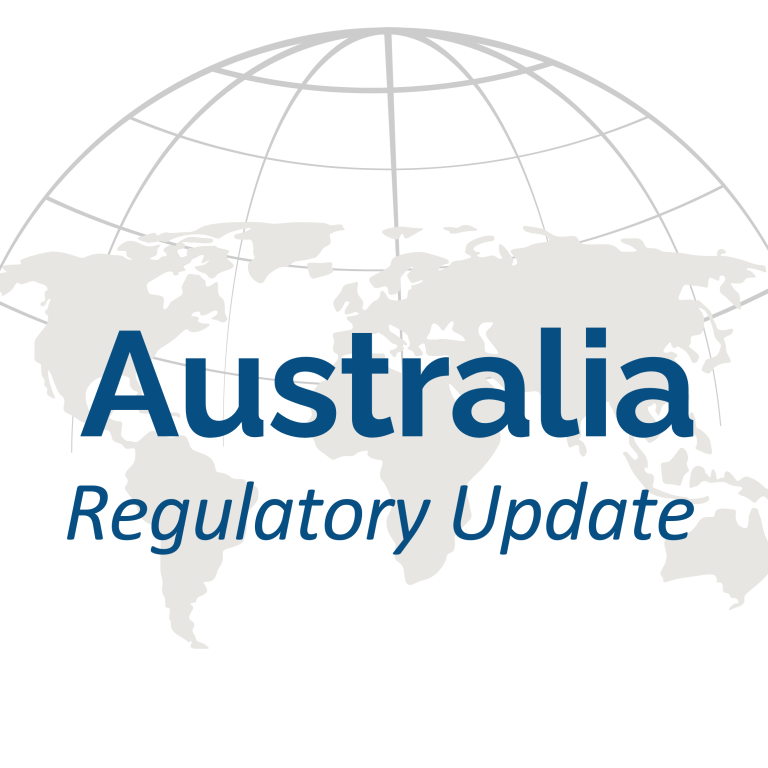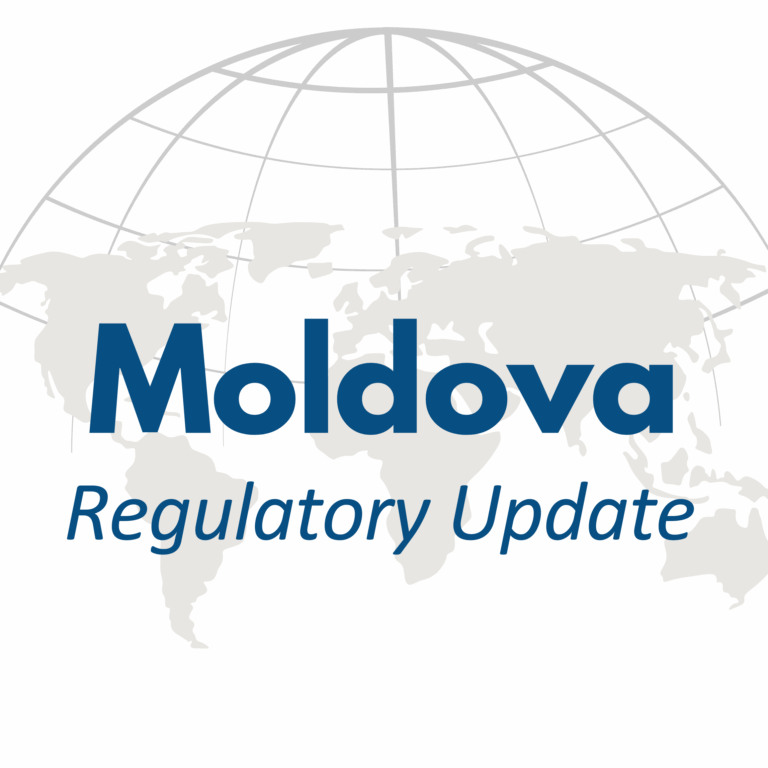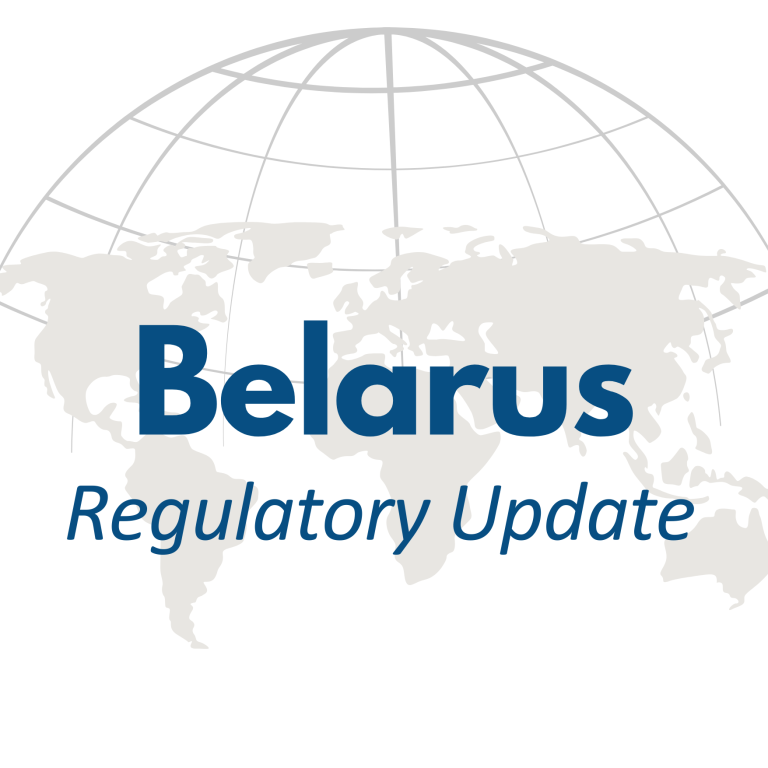Argentina: New Satellite Spectrum Allocation in 17.3–17.7 GHz Band
Home / Argentina’s National Communications Entity (ENACOM) has issued Resolution 1261/2025, officially assigning the 17.3–17.7 GHz frequency band to the Fixed Satellite Service (FSS), specifically for space-to-Earth transmissions. This designation is granted on a primary basis and has been incorporated into the national Frequency Allocation Table (CABFRA), ensuring formal recognition within Argentina’s domestic regulatory framework….

